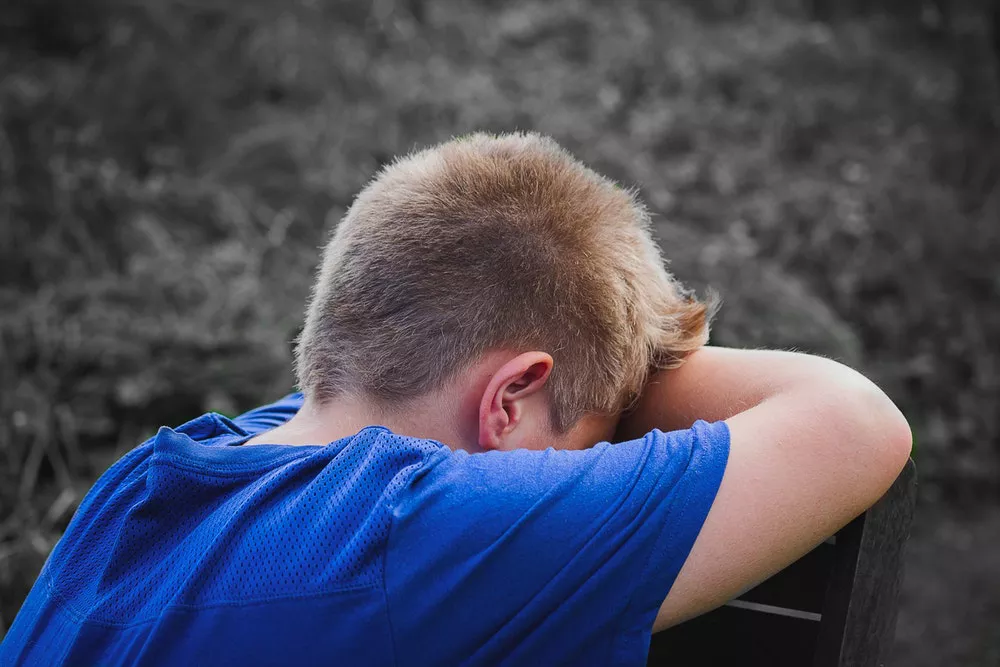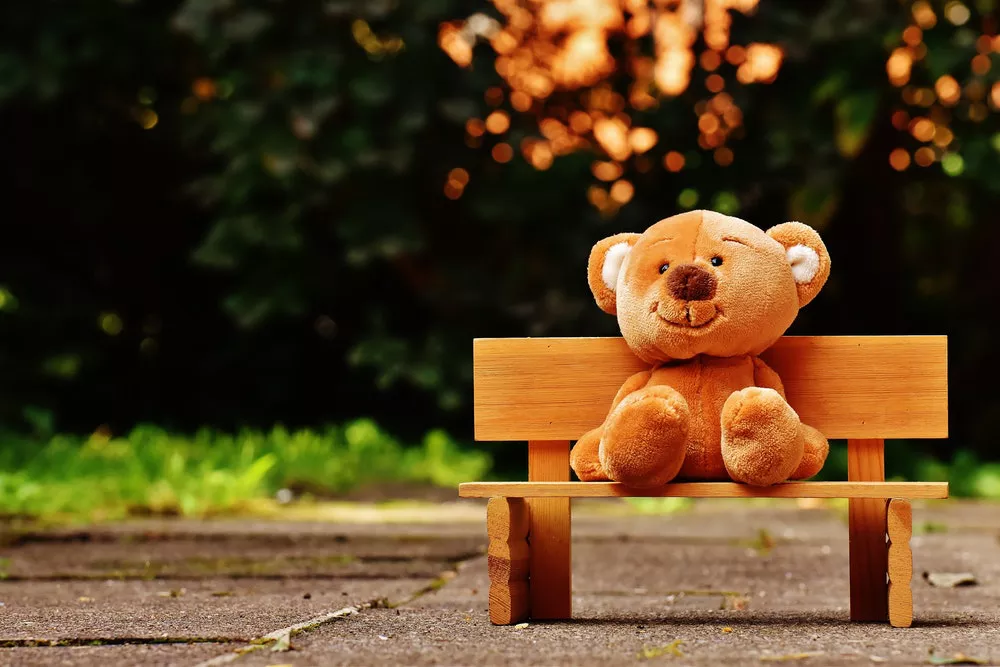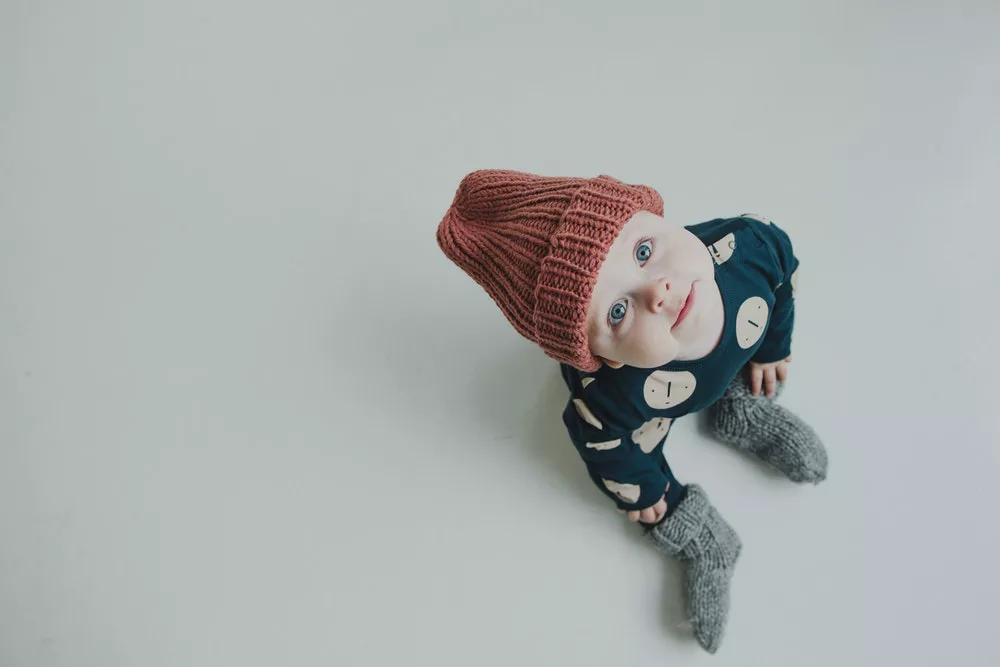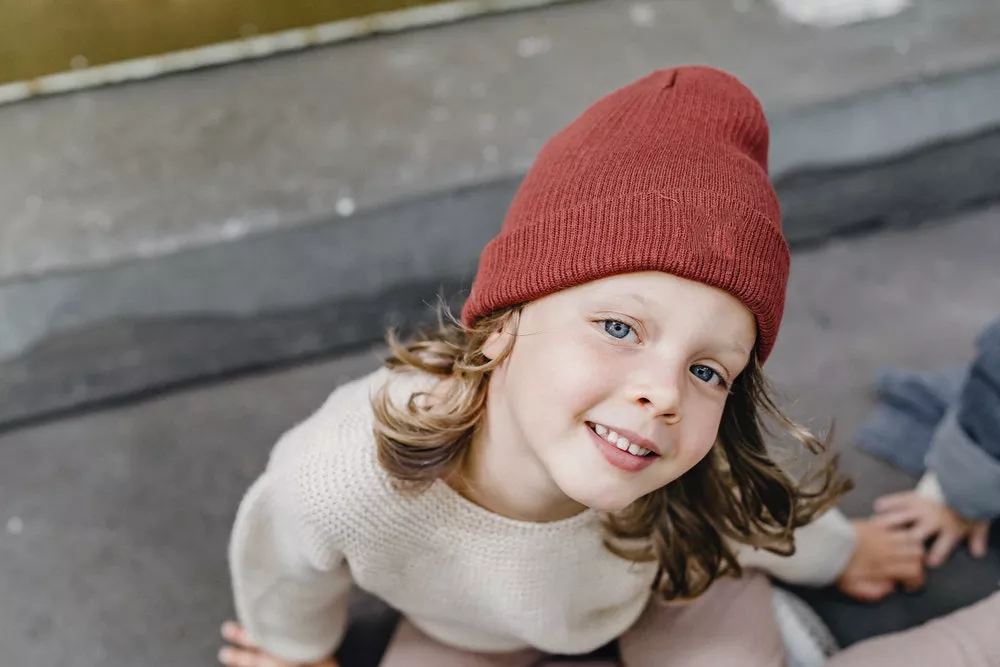Children, especially infants, suffer from respiratory infection often, which always be pneumonia. As a parent, you need to know the following common sense about pneumonia.
Taking antibiotics for children with pneumonia? Not necessarily.
It is well known that antibiotics are effective for some microbial infections of bacteria, mycoplasma and chlamydia, but are not effective against viral infections.
However, viral infections are the main cause of pneumonia in children. Taking antibiotics for children with simple viral pneumonia is not only ineffective, but may also cause adverse reactions of allergies, diarrhea, and rashes as well as lead to the development of drug-resistant bacteria.
The American Thoracic Society/Infectious Diseases Society of America recommends that antibiotics are not routinely needed for pneumonia in preschoolers who do not require hospitalization.
Intravenous infusion for children with pneumonia? Not necessarily.
International guidelines are clearly stated that: children with mild pneumonia do not require routine intravenous infusion for rehydration if they can get fluid intake fluid with a normal diet.
For children who cannot eat by mouth, enteral nutrition for energy intake and administration of medications via a nasal feeding tube are preferred for energy and antibiotics.
In severe pneumonia with signs of sepsis and gastrointestinal dysfunction, intravenous infusion may be used. While the condition of children improves significantly and becomes stable, oral antibiotics and nutrition intake should be administered - this is called "sequential therapy".
Be in hospitalized for children with pneumonia? Not necessarily.
Mild pneumonia can be treated at home after outpatient treatment. Parents need to monitor their child's mental status of breathing, dehydration, etc., and children require follow-up examinations regularly.
If outpatient treatment is ineffective for 48 hours and there is a deterioration of the condition such as high fever and respiratory failure, the child must be followed up in the hospital in a timely manner.




